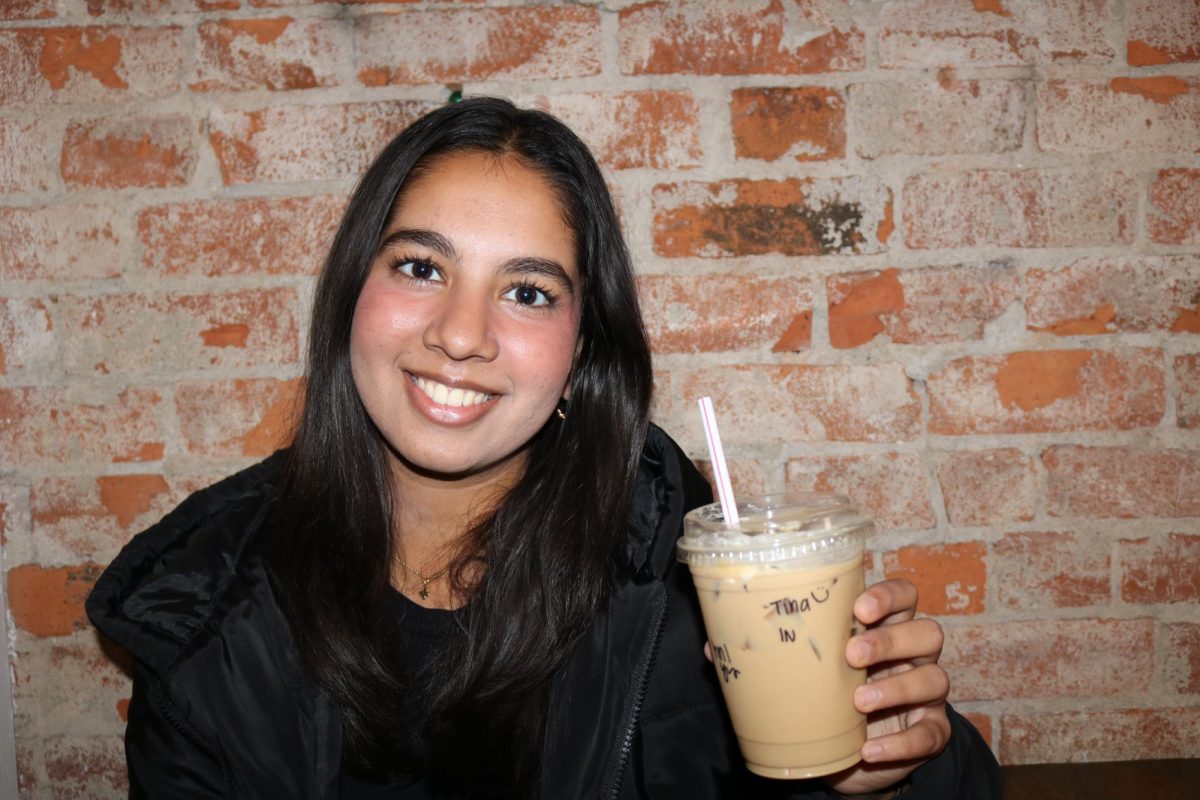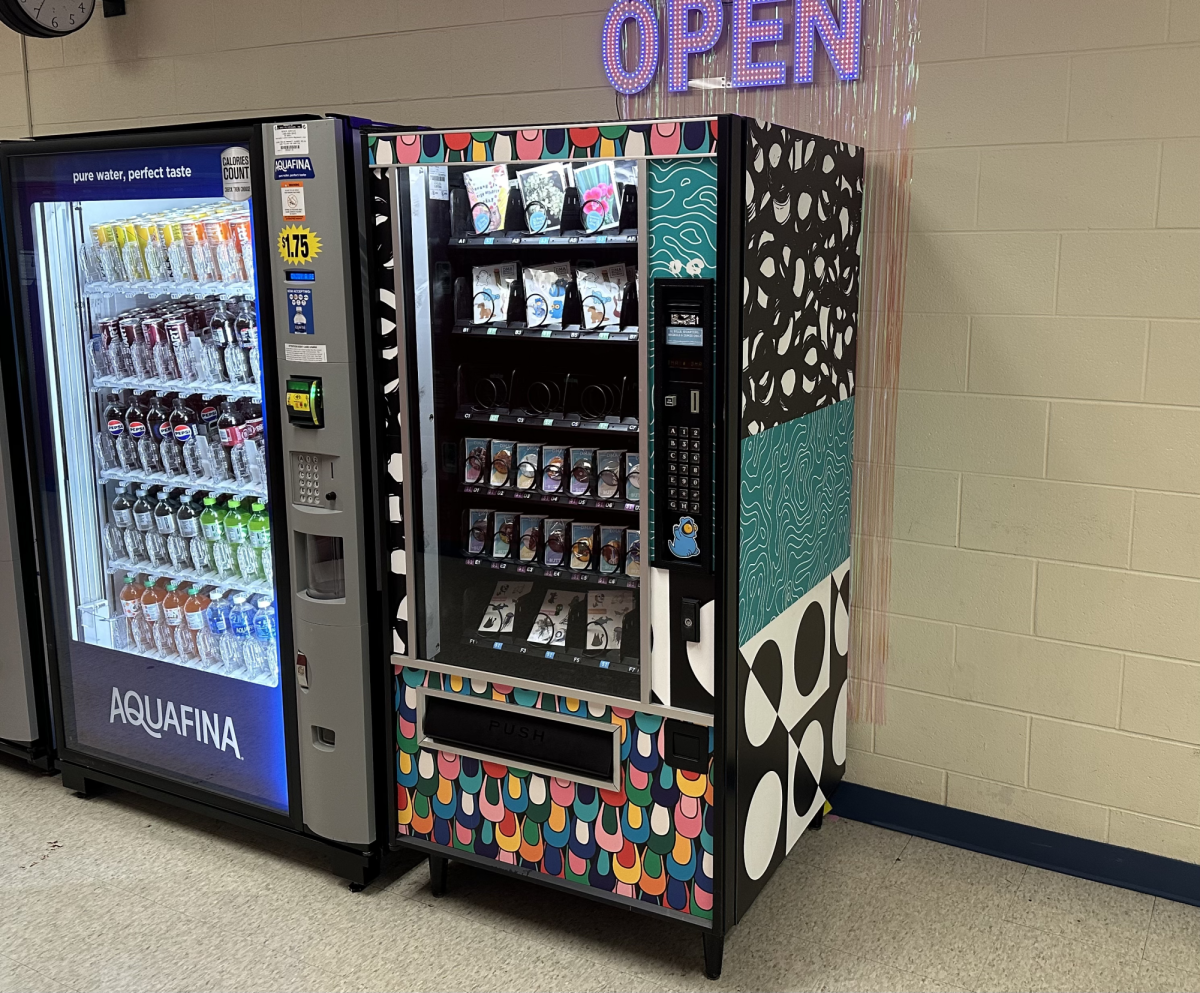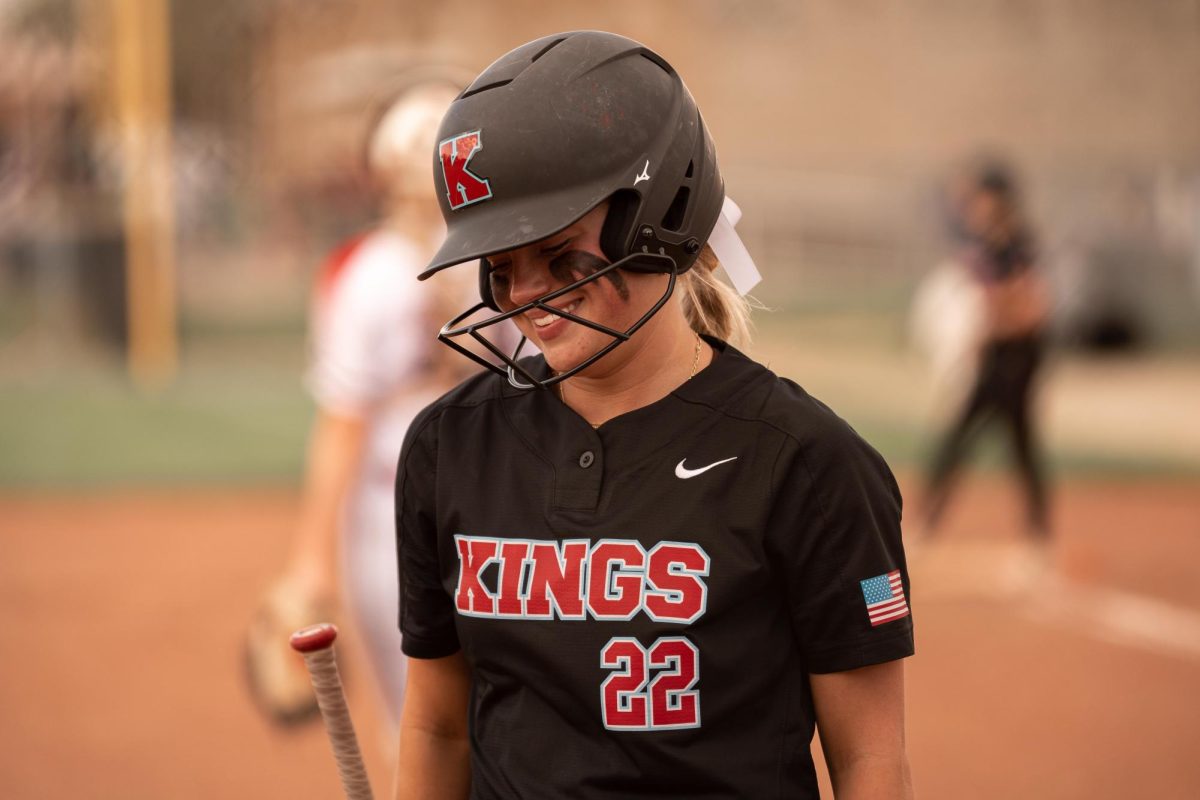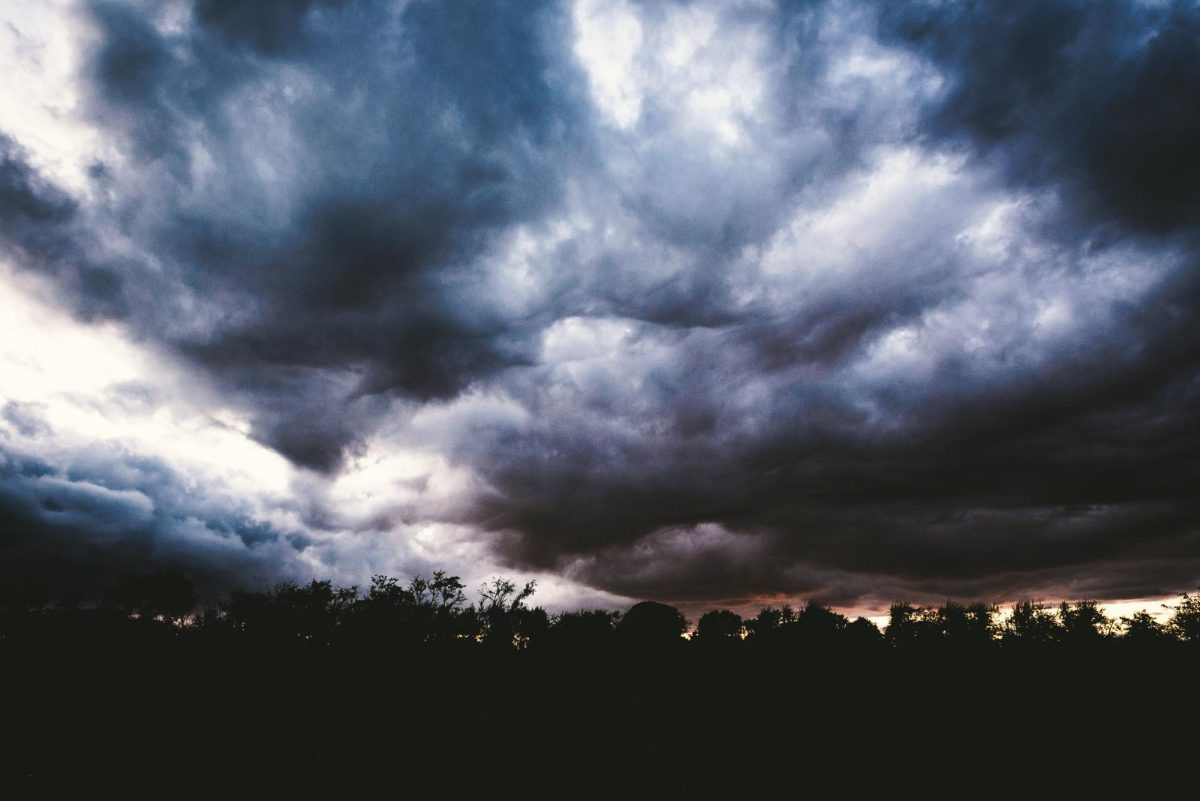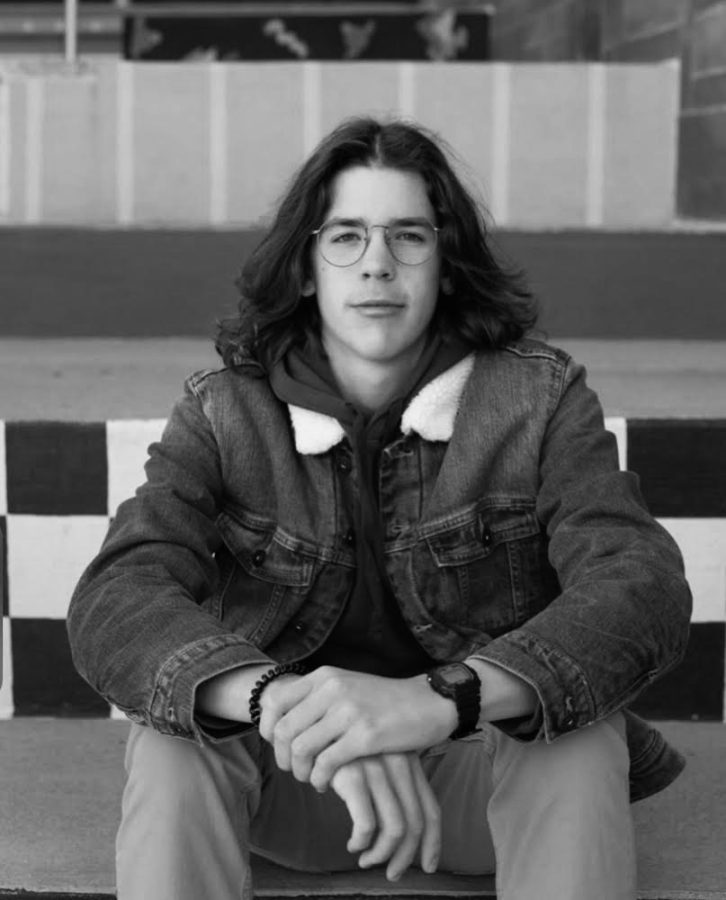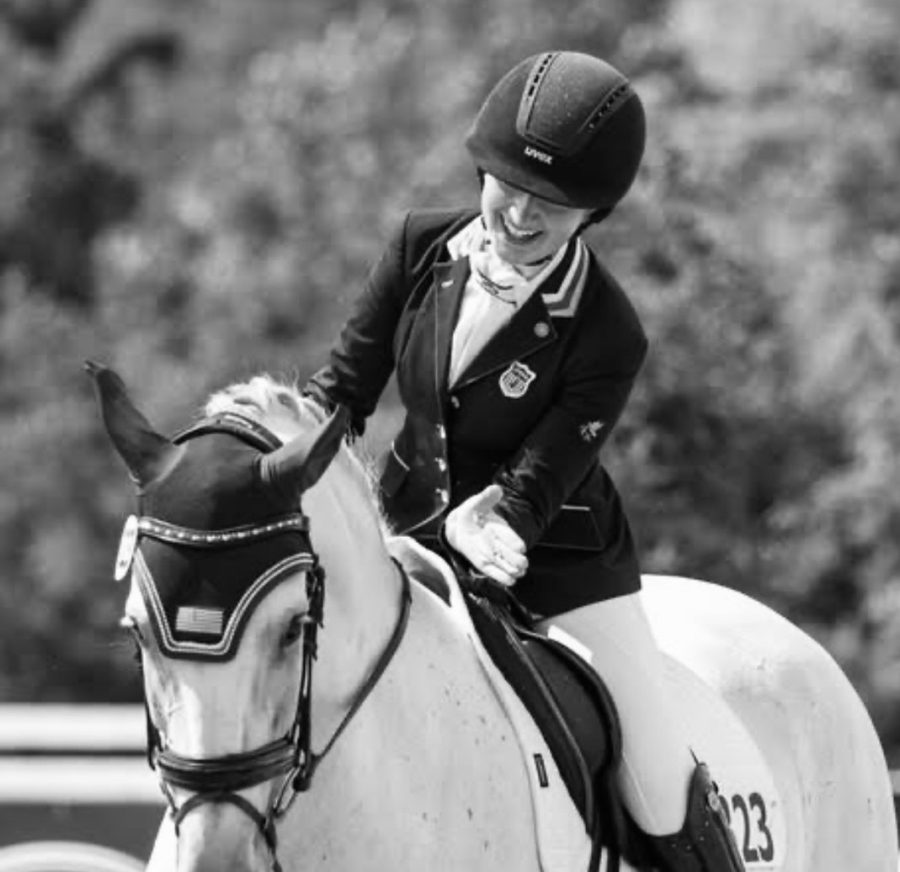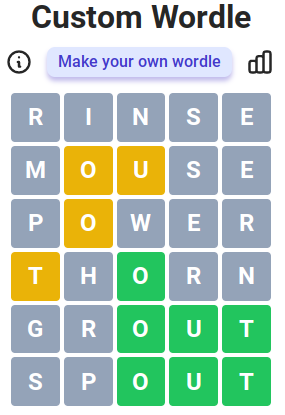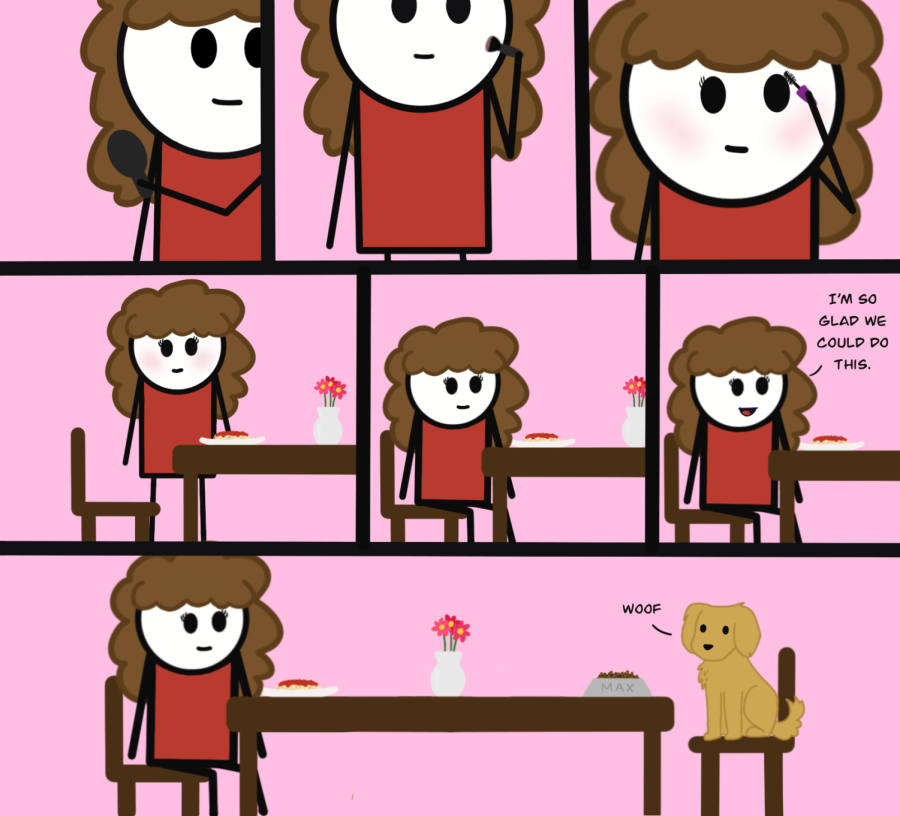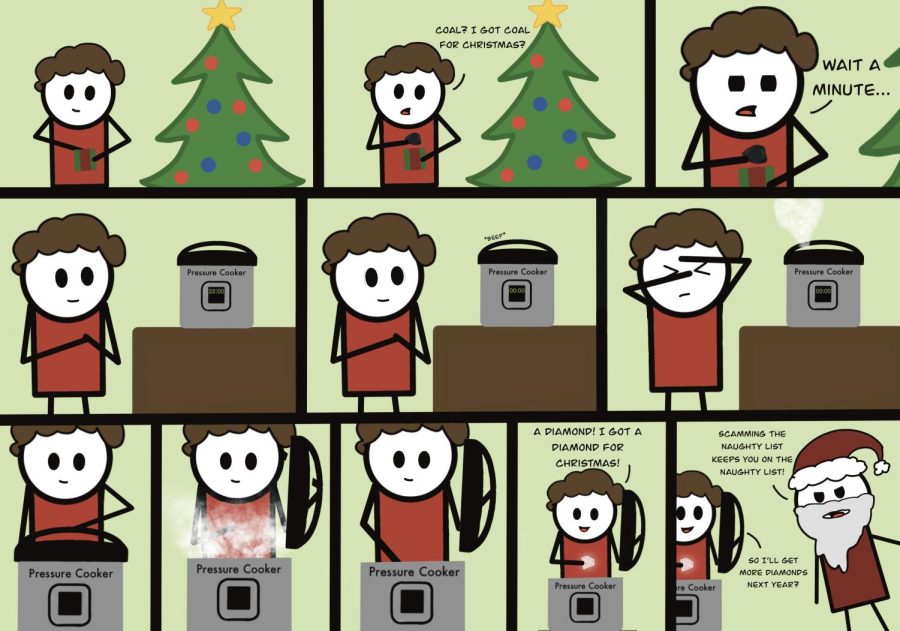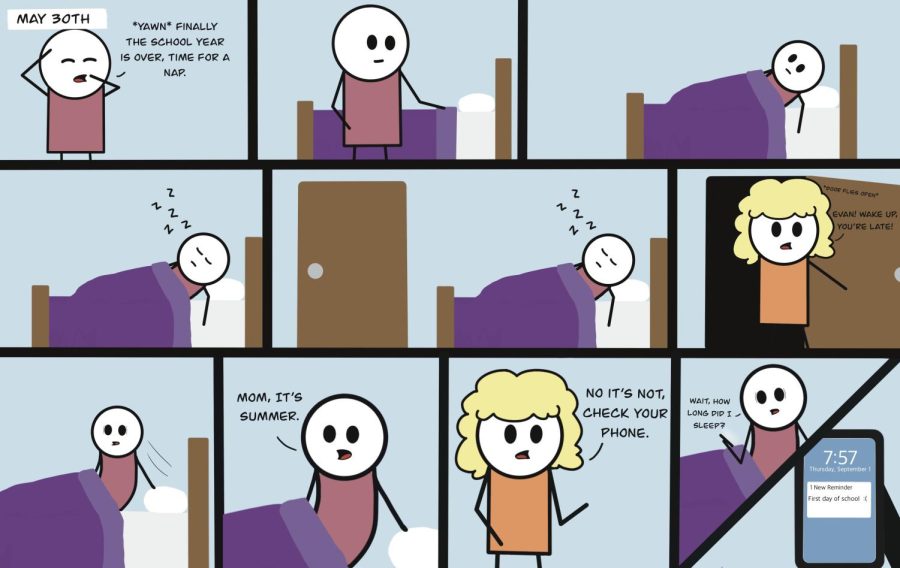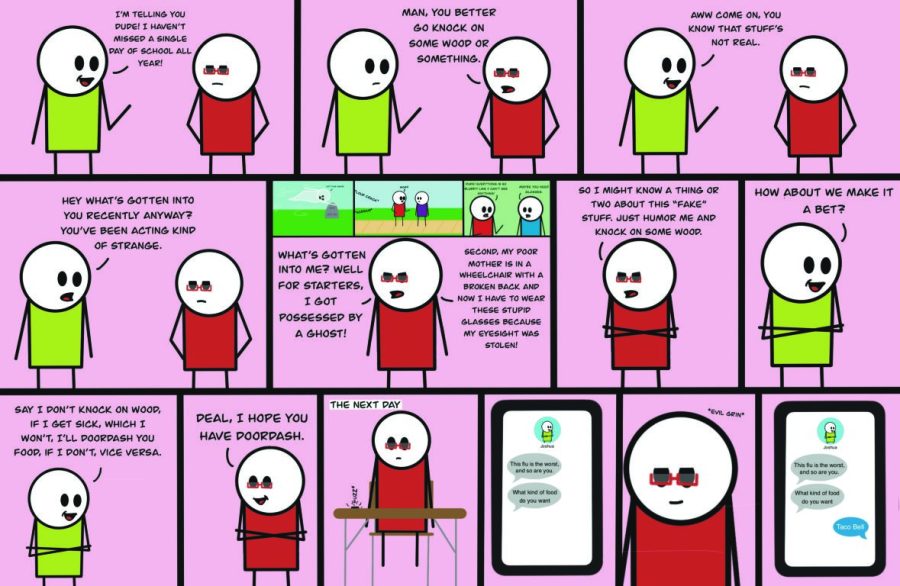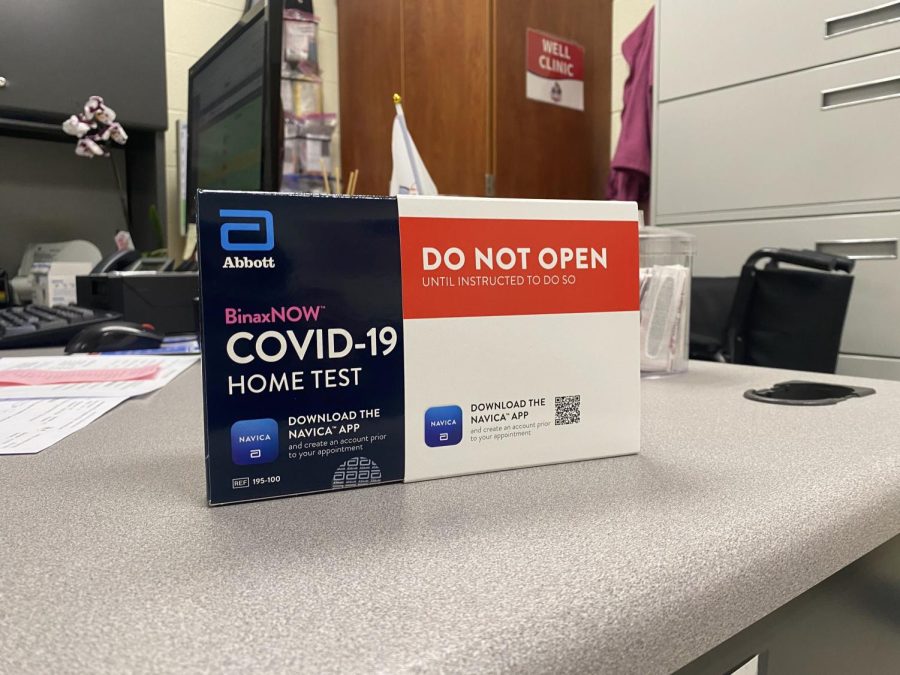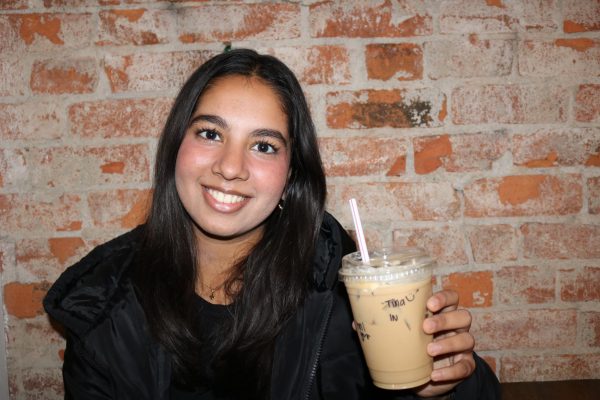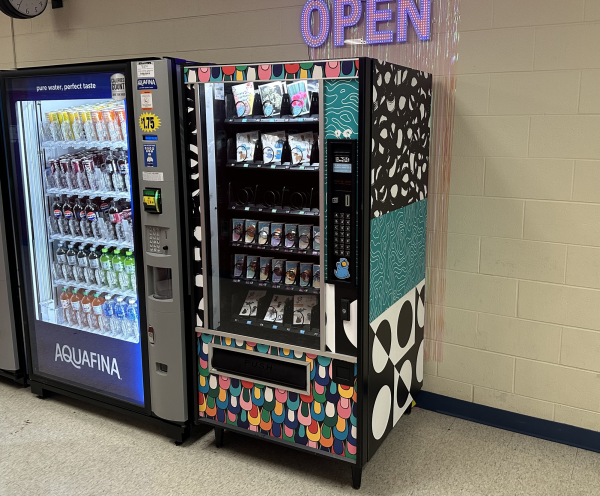Covid-19 containment in schools; moving forward after variant outbreaks
At home rapid tests offered by the nurse at Kings High School
Two years into the pandemic, and it’s becoming apparent that COVID-19 is here to stay in one form or another. As schools continue to deal with the implications of variants like Delta and Omicron becoming endemic, school administrators grapple with how to handle the spread and containment of COVID-19.
Warren County schools saw a spike in cases and quarantines recently, with the peak of cases in Kings happening the week of January 22nd. During this week, Kings Local school district had a total of 188 quarantined students, with the bulk of them coming from the high school at 55 students quarantined, taking out 4.2% of the high school’s population. Transversely, this same week Little Miami had 7 quarantined students at 0.05% of their population.
To understand the divide in cases, the Knight Times reached out to Little Miami senior Katie Heckscher.
“As far as I know, the quarantine protocols have worked well. Fully vaccinated students wear masks at school if they’ve been exposed, otherwise, they’re sent home for the amount of time currently advised by the CDC.” Heckscher went on to explain that, “Spacing and assigned seat tracing methods are still used from last year and I think the extra effort to space out students has worked.”
Little Miami does not have a mask mandate for the 2021-2022 school year, and it’s difficult to try and find a measurable difference in containment protocols from Little Miami because both operate under the same guidelines as outlined by the Warren County Health District.
Indian Hill operates under Hamilton County and has a mask mandate in place. As of the week of February 5th, 2022 Kings Local Schools had a total of 25 quarantined students, while Indian Hill had a total of 7 across all of their schools.
Referring to the 2020 lockdown, Kings High School principal Doug Leist has concerns surrounding both the social-emotional and physical wellbeing of students. “We were in this thing where we kind of had to isolate ourselves and we had to kind of be, you know, we had to be alone, and that was all about being physically safe, but it does come with a bit of sacrifice to your social-emotional health,” Leist said.
While Leist personally chooses to wear a mask, he explains the absence of a mask mandate by stating, “There are some other people that really don’t feel comfortable wearing a mask, and they have trouble breathing.”
Kings senior Kendall Keith had a different take on the matter.
“When it comes down to the health of other people you have to sometimes acknowledge the fact that health is more important than other people being comfortable.” she went on to say that, “It’s not anything that’s going to be detrimental to their breathing as some people have said, and as someone with asthma, which is a breathing disability, I wear a mask every day and I have never experienced problems.”
The CDC has this to say about claims of raised CO2 levels from wearing masks, “Cloth masks and surgical masks do not provide an airtight fit across the face. The CO2 escapes into the air through the mask when you breathe out or talk. CO2 molecules are small enough to easily pass through mask material. In contrast, the respiratory droplets that carry the virus that causes COVID-19 are much larger than CO2, so they cannot pass as easily through a properly designed and properly worn mask.”
Following the death of Kings teacher Jorge Gonzalez, there have been some improvements to containment protocols, a big improvement being the introduction of easily available COVID tests in the nurse’s office, but regulations regarding masks have remained untouched. Leist went on record with the Knight Times stating that, “It shouldn’t have to take someone’s death, and we will make an informed decision on what the best thing is to do.”
“He died from COVID, he died from people not doing their job to keep other people safe and that’s honestly disgusting,” said Keith.
Leist talked of other measures for limiting infection he is proud of, namely, he was “very cautious that we were going to find that the hand sanitizer stations weren’t going to be regularly filled up, but the custodians have really been on top of that.”
With winter slowly coming to an end, the CDC predicts that the national contraction rate will slow down. Acknowledging that COVID-19 is a deadly virus, there will always be a fear surrounding it, especially in the cold months in which rates spike.
Regarding the future and mask mandates, Leist stated, “There’s always a possibility, its not something that we’re never going to do again, but it comes down to making an informed decision, making sure that we collaborate with one another on what’s the best way to go.
Want to show your appreciation?
Consider donating to The Knight Times!
Your proceeds will go directly towards our newsroom so we can continue bringing you timely, truthful, and professional journalism.

Kings High School Senior, Colin Emery, Is a writer on the news department at The Knight Times. Colin enjoys creating in both a text form and a visual...

